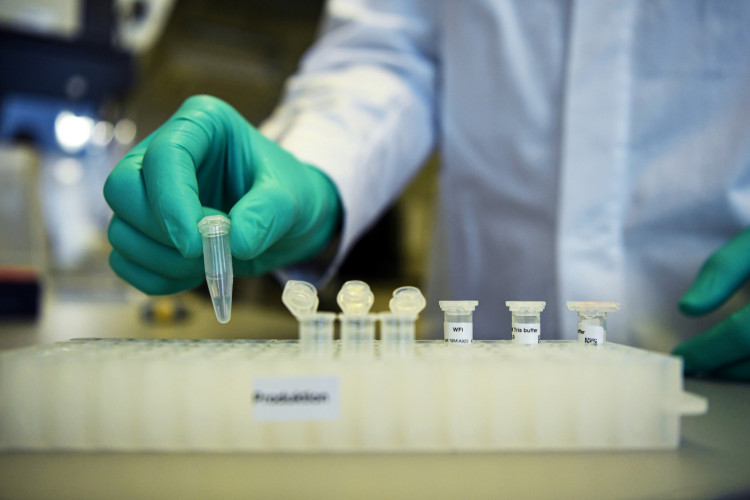Alibaba Teams Up With Travel Agency
Alibaba Group has agreed with UTour Group to inject 385 million yuan ($56.5 million) into the travel agency which owns 5% of UTour, according to a UTour announcement.
Meanwhile, UTour said it was borrowing 500 million yuan from its controlling shareholder Feng Bin for daily business operations. The announcement saw UTour's stock drop by the exchange-imposed limit of 10% Wednesday and closed at 9.11 yuan a share.
Some of the money will be spent on a joint venture related to travel products. Alibaba will own 55% of the new company. The two entities will share resources for retail channels, technologies and enterprise management.
UTour reported a net loss of 176 million yuan in the first-half of its fiscal year - down 260% on year.
Alibaba's online travel agency platform, Fliggy, is spending 100 million yuan on incentives for travel during China's eight-day Mid-Autumn and national holidays.
Shanghai Revs Up Self-Driving Test Road
Shanghai has launched its first test route for self-drive vehicles.
It is an 8.5-kilometer-long smart road embedded with intelligent devices including millimeter-wave radar that allows communication between passing vehicles and the environment, reports said.
Rolling stock manufacturer CRRC Corp. and artificial intelligence company DeepBlue Technology developed the self-driving vehicles while SenseTime Group and Allride.AI made passenger vehicles. Tonglu Technology and SAIC Motor's unit Maxus developed unmanned sweepers.
Before opening the road to the public the companies tested unmanned vehicles. Engineers at CRRC said self-driving buses were expected to start operation on the route in early 2021.
China Plans Affordable COVID-19 Vaccines
China plans to offer COVID-19 vaccines to the world at "fair and reasonable prices," according to Foreign Ministry representative Wang Wenbin, the Xinhua News Agency reported.
"Vaccines of various countries are still being developed," said the representative. "It is uncertain how they will be priced, but for China, one thing is clear. We will provide our vaccines to the world as a global public good at a fair and reasonable price." He said priority would be given to developing countries.
According to a Nikkei Asian Review report, China has given emergency inoculations to at least 350,000 people who needed to travel abroad for work or school - including diplomatic officers and health care workers.
China law allows mass vaccinations with drug candidates still undergoing clinical trials. Despite no reports of significant side effects, safety concerns remain.
The price of the vaccine is unknown. But Sinopharm said previously a two-shot regimen of emergency inoculation could cost around 1,000 yuan ($145). The vaccines are reportedly offered free for students abroad.





